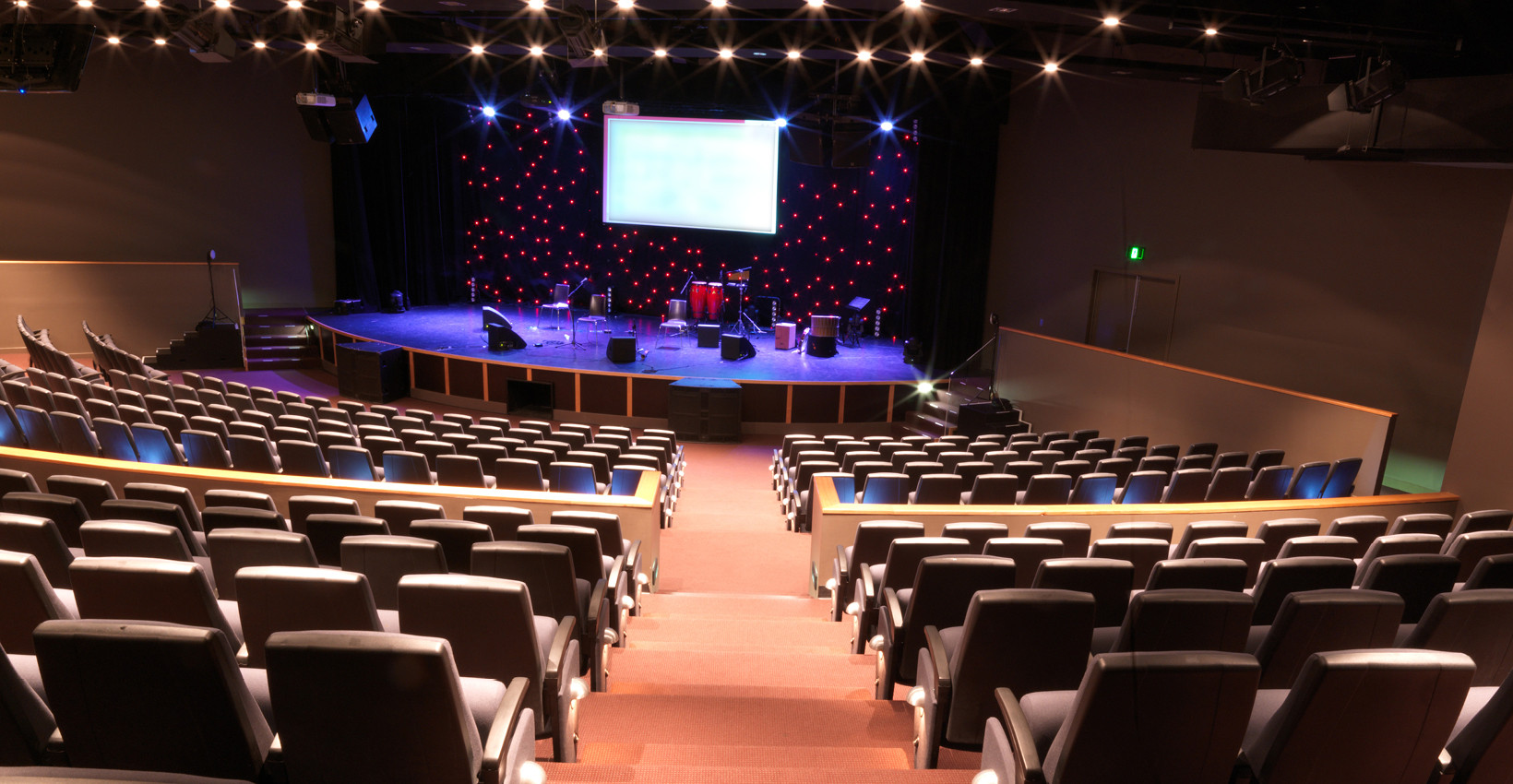Collaboration is key for a church expansion plan

One of the most challenging parts of congregational growth can be the preparation and coordination of space needs with financial means. The physical building that houses your faith community can mean so much because it's important to have a certain feeling in that space. You want the building to project the heart of your beliefs — and at the same time meet the physical demands of a growing faith community within a budget that is reasonable.
Building a new worship center requires expertise in many fields to come together. A large building project has many moving parts, and between working with an architect, a contractor, a lender, a campaign manager, and your leadership team, everyone has an important role to play. Preparing for that and managing through it (for well over a year) can take hours of a church building committee’s time, and in many cases, the “point person” on the project becomes overburdened with a role they may not have been prepared to embark upon.
Communication and collaboration are key
Clearly, the “building” part of this process is only one leg of the journey to a new facility. Who will pay for this dream of ours? Do we need to borrow to make this happen? How much can we raise from our church family? How does this all fit into our church vision and mission? These questions often require your team to develop a strategy that involves a “capital stack” projection. Think of it as a pyramid that starts with cash on hand, then fundraising, and finally borrowing. This capital stack can help you bring your vision for your project to fruition. It can also help your congregation have buy-in and confidence in your project completion.
If that all sounds overwhelming and exhausting, you’re not alone. Many church projects, without a proper team in place, are approached with a very fragmented system that has each of the important components of your project operating independently of each other. The architect draws the plans based on your space dreams and needs. The capital campaign company works to raise funds for your church without knowing what the cost of the building will truly be or if there is a need for financing. The bank, often brought in last, provides a loan offer that may or may not be what you need to achieve the full funding of your church project. There are many opportunities for failure in this model. There are too many holes in the process that could leave your church stuck waiting for funding or, worst-case scenario, divide your church family because of lack of progress.
Don’t forget financing
Let’s focus on financing. This should never be your last step. The earlier you speak with a lender, the better off you are. You need to choose people who understand church lending and want to work with your organization. It’s best for your church to be prepared to present your financial information to your congregation as well as to potential donors and lenders to get your project fully funded. Some questions you may have as you look toward the future of your church construction project could include:
- Do we have someone on our team with the right skills to prepare us for the next step financially?
- Who is going to make sure our project is financially viable?
- Who will speak to the bank if a loan is needed?
- Who will have the best interest of our church in mind as we negotiate our loan terms?
- What banks even work with churches?
It may be wise to engage a professional to assist you in getting financing for your project who is better equipped to handle these questions. This is not a mortgage broker; a true financial consultant helps your church balance the needs of the church with the demands of a construction project by leading a team of experts who are needed to make a church construction project successful with the church’s best interests as the priority. This consultant will work closely throughout the entire project with the rest of your professional team. This means the architect, your general contractor, your capital campaign manager, and your financial consultant/lender are all on the same page the entire time.
For more resources on collaborative church building, please don’t hesitate to contact our Church Lending team.
Learning Center articles, guides, blogs, podcasts, and videos are for informational purposes only and are not an advertisement for a product or service. The accuracy and completeness is not guaranteed and does not constitute legal or tax advice. Please consult with your own tax, legal, and financial advisors.




